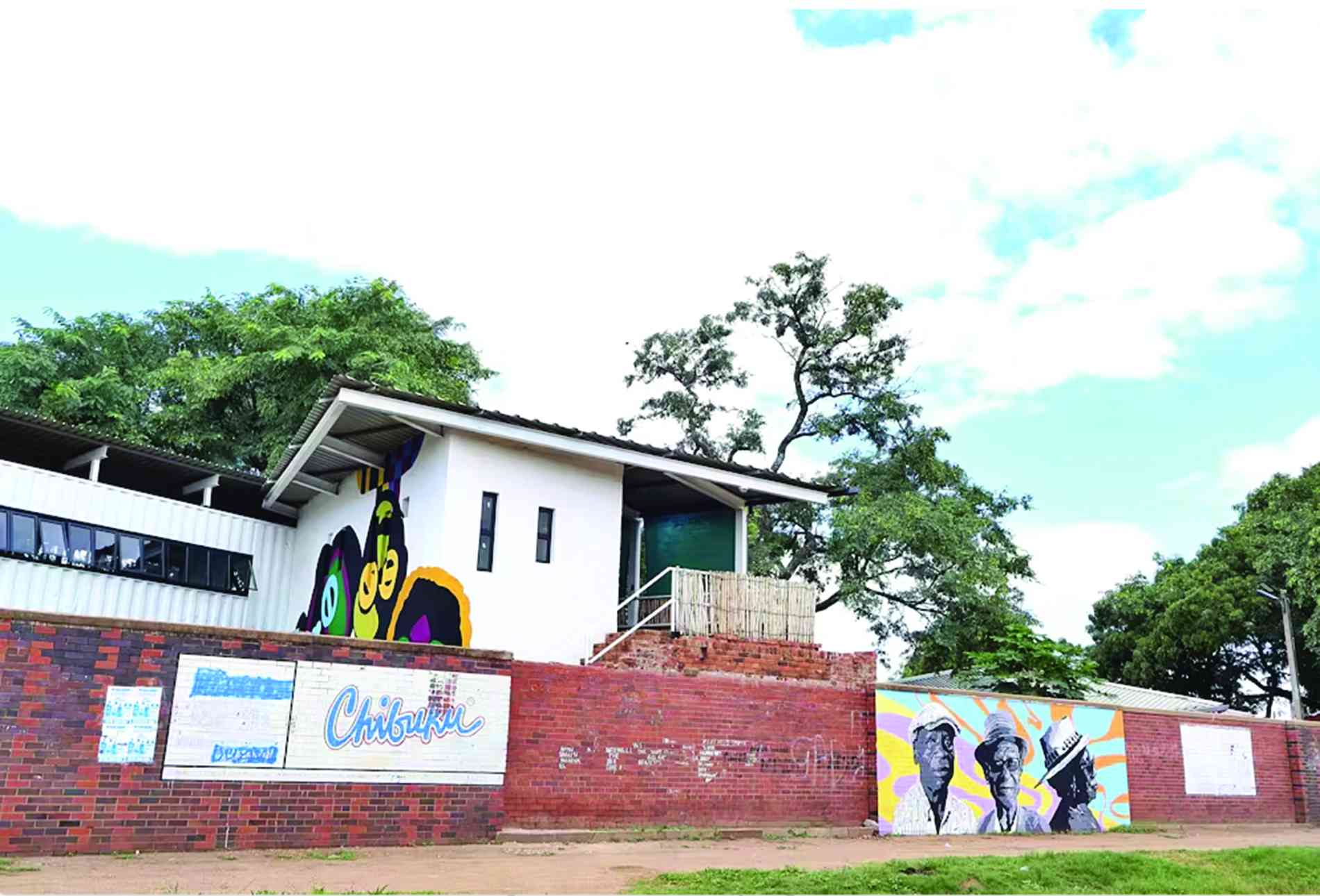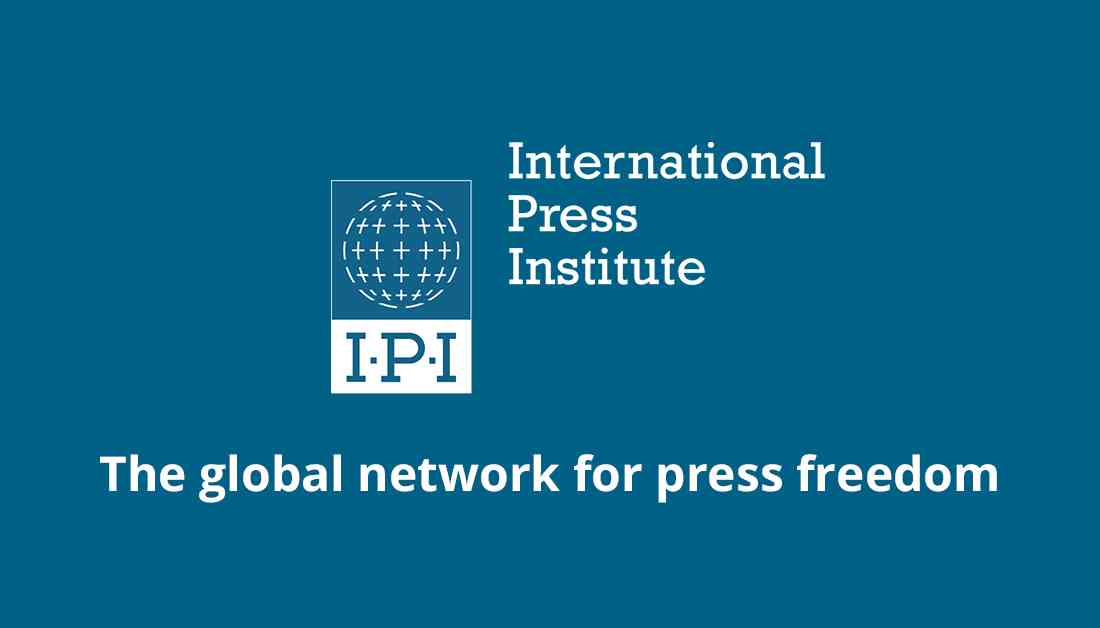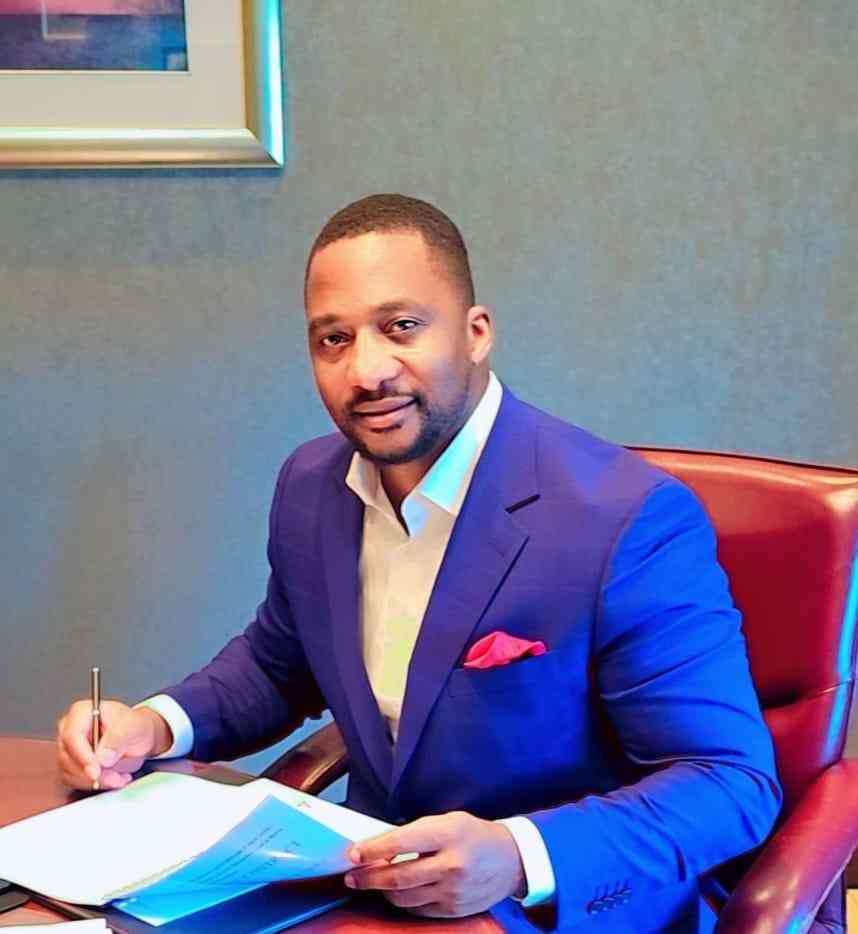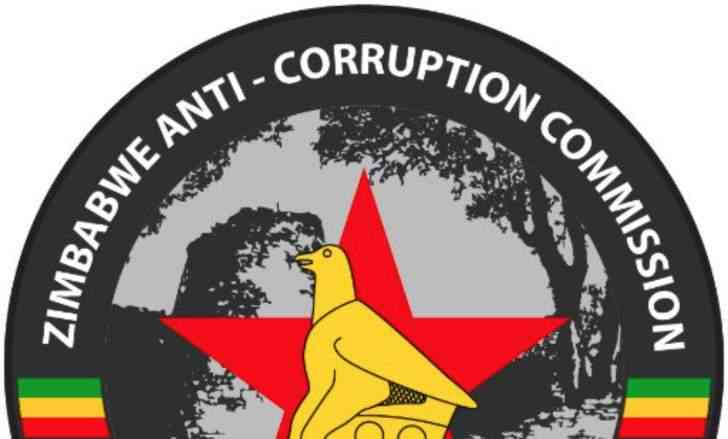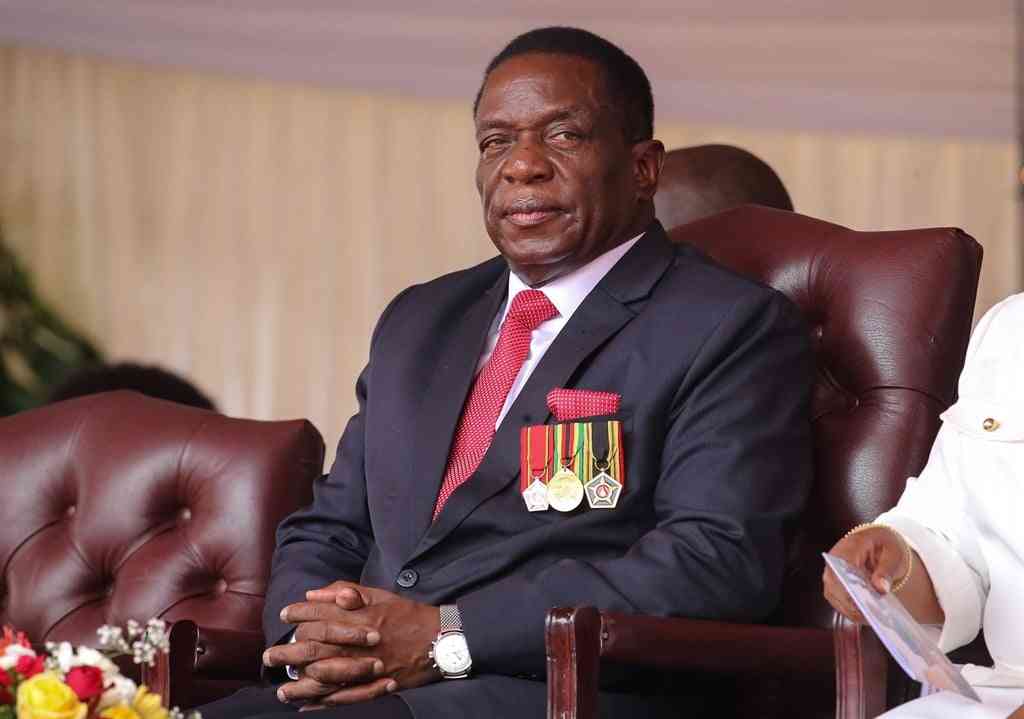
PRESIDENT Emmerson Mnangagwa says he does not intend to extend his stay in office amid calls by observers for him to whip into line his allies pushing for the extention of his tenure beyond the constitutionally mandated two terms.
Zanu PF apparatchiks are reported to be pushing to mutilate the Constitution to facilitate Mnangagwa’s retention of power beyond the constitutionally mandated five-year two-term limit which ends in 2028.
The party’s Harare provincial chairperson Godwills Masimirembwa recently said the push to amend the Constitution would be tabled at next month’s Zanu PF annual people’s conference slated for Bulawayo.
Speaking at a meeting with the diaspora in China on Monday, Mnangagwa said he was a constitutionalist who respected the law and the Constitution.
This is the third time Mnangagwa has said he will not seek extension of his tenure.
“I said it that I am a constitutionalist. Have you heard it? It means I follow the law and the Constitution,” he said in China. “Also, I am one of those who helped to write it.
“So those with whom you discuss that I will extend my stay, no I won’t do that.”
He added: “I have a mandate that I was given by Zimbabweans. If the time comes that my time [to go] has come, others will come and get their mandates. Have you understood?
- Mnangagwa marches expose Zanu PF fights
- NoViolet Bulawayo’s new novel is an instant Zimbabwean classic
- Zanu PF bigwigs face axe in purge
- Jah Prayzah, Zanu PF rekindles ‘lost love’
Keep Reading
“So this question of having a third term does not arise, especially under my watch. No.
“I’m in my second term and I already know the date that I will leave power in 2028 and I go home, then others come in.
“So if there are those who are fooling you, tell them ‘no, that’s not what Baba is thinking’.”
Despite repeatedly stating that he will not rule beyond 2028, observers and political analysts believe the Zanu PF leader may be “forced” to reconsider his decision.
The observers and analysts feel that Mnangagwa, who has not publicly chided those pushing for the amendment of the Constitution and chanting the ED2030 slogan, should call his party supporters and officials to order.
They believe that the push could be a calculated plot to quell public discontent while exploring other options.
Constitutionally, his term ends in 2028.
Zanu PF spokesperson Christopher Mutsvangwa yesterday said the party’s highest decision-making body, the politburo, had not discussed the 2030 agenda.
“I have said we are a democratic party and everyone is entitled to freedom of expression. However, the politburo, the highest decision-making body outside congress, has not discussed that,” he told NewsDay.
Political analyst Pardon Taodzera said without chastising party officials for their support for the 2030 agenda, Mnangagwa’s remarks that he is not seeking term extension could not be taken seriously.
“If he were truly committed to upholding the Constitution, he would have unequivocally condemned those within his inner circle who are pushing for a third term,” he said.
Legal expert Aaron Hamauswa said Mnangagwa did not help his case by failing to rein in allies pushing for the amendment of the Constitution.
“The President’s reluctance to publicly chide those advocating for the amendment speaks volumes,” he said.
“It creates an impression that he might be keeping his options open, allowing his allies to test the waters while he remains non-committal.”
In a recent report, legal think-tank Veritas explored the legal steps necessary for Mnangagwa to secure a third term in office.
As outlined by the Constitution, achieving a third presidential term would require substantial amendments to the current legal structure.
“Section 91(2) clearly states that an individual is barred from running for President if they have already served two terms, regardless of whether those terms were consecutive,” Veritas said.
To allow Mnangagwa to seek a third term, the simplest method would be to amend section 91 of the Constitution.
“This amendment could either eliminate presidential term limits entirely or increase the allowable number of terms from two to three or more. However, implementing such an amendment would require following a rigorous legislative process as outlined in section 328 of the Constitution,” the analysis pointed out.
“The process involves publishing the proposed amendment in the Government Gazette at least 90 days before it is introduced in Parliament, soliciting public input through written submissions and public hearings and securing a two-thirds majority in both the National Assembly and the Senate for the amendment to be approved.”
Veritas further noted that even if section 91 were successfully amended, a significant hurdle remains in section 328(7) of the Constitution.
This provision was specifically designed to prevent current officeholders, including the President, from benefiting from changes to term-limit rules.
It stipulates that any amendment extending the duration an individual can hold office does not apply to those who have already held that office before the amendment.


